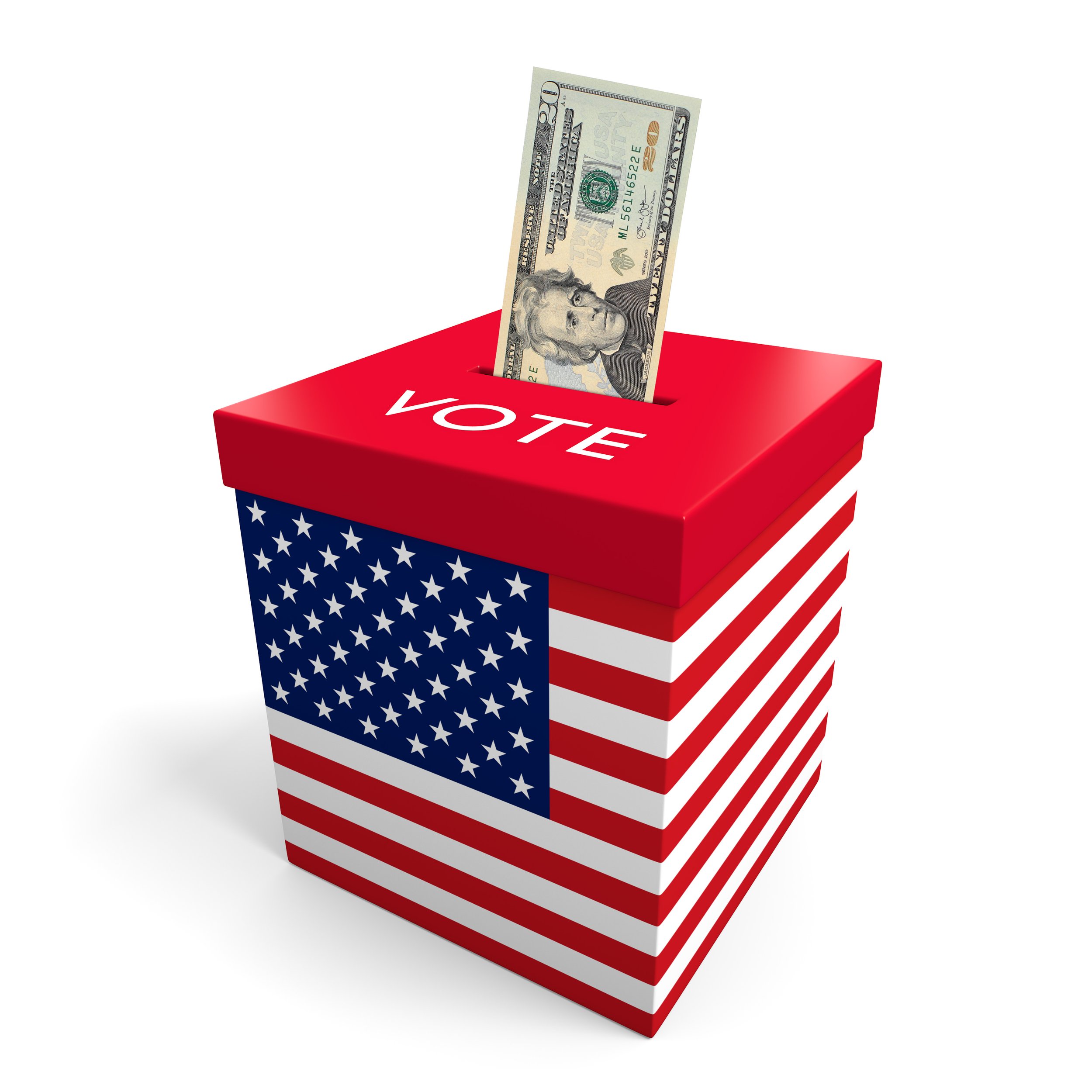Today’s headlines are focused on the threats to democracy fueled by the looming 2024 presidential and congressional elections. Far less attention is being paid to the corporate treasury dollars underwriting activities that imperil our democracy.
The Center for Political Accountability (CPA) is addressing this with an expanded program that’s focused on widening corporate political disclosure and accountability, deepening the public’s and media’s understanding of the scope and impact of company political spending and changing how companies approach election-related spending.
Why is CPA’s effort so important? It circumvents a dysfunctional political process that has blocked action for the past 20 years. And, it has brought about substantive change.
CPA is mounting a multi-pronged effort to expand awareness of and address the impact of company political spending and rising threats to democracy. Our strategy has four components. The first is getting a wider universe of companies to adopt political disclosure and accountability. It’s already accepted as the norm for the S&P 500. It needs to cover the entire Russell 1000. To reach the wider group, CPA’s investor partners are filing the standard disclosure and accountability resolution at companies in the lower half of the Russell 1000. Resolutions have been filed at over 30 companies so far.
Second, CPA is planning to file more proposals about its “Model Code/Third Party Spending Due Diligence” proposal. This resolution requests that companies report on their website the ultimate recipients of election-related spending by third party groups to which they contribute. These groups include trade associations, 501(c)(4) “social welfare organizations,” super PACs, and partisan state-focused 527 committees. The contributions are made with corporate treasury funds. Companies should conduct robust due diligence on this third-party spending, since it poses an even greater risk to companies today as the media and watchdog groups increasingly trace corporate money to its ultimate recipient and impact.
Third, a growing number of companies have adopted or committed to following the CPA-Zicklin Model Code of Conduct for Corporate Political Spending. CPA sees this as the next stage for company management of political spending. It moves beyond disclosure and accountability policies to providing a framework for approaching and governing election-related spending, which is critical for giving companies greater control over their spending. The Code includes companies considering their obligations and responsibilities as members of society and participants in the democratic process in their spending decisions and risk management. CPA recently released a Guide to Becoming a Model Code Company. Last year, CPA issued a Guide to Corporate Political Spending. Both were written at the request of companies to provide guidance on political spending and following the Model Code.
Lastly, CPA is using its groundbreaking research and reports to fill out the picture of rising threats to democracy at the national and state level enabled by corporate political spending. As Corporate Underwriters and the Democracy Gap points out, these threats pose heightened risks to companies and investors as well as to democracy.
Bruce Freed
President, Center for Political Accountability
Dan Carroll
Vice President for Programs and Counsel, Center for Political Accountability



